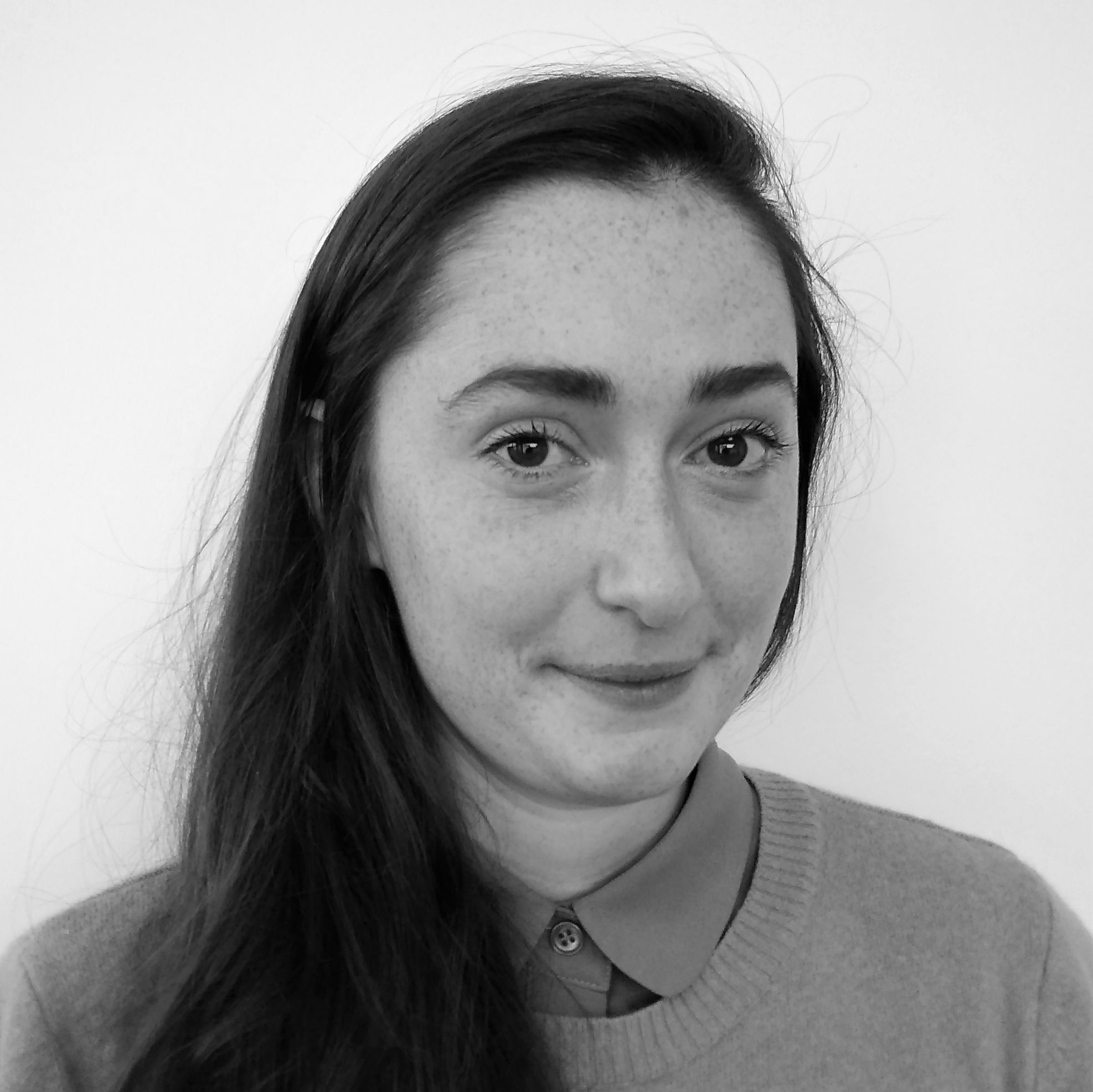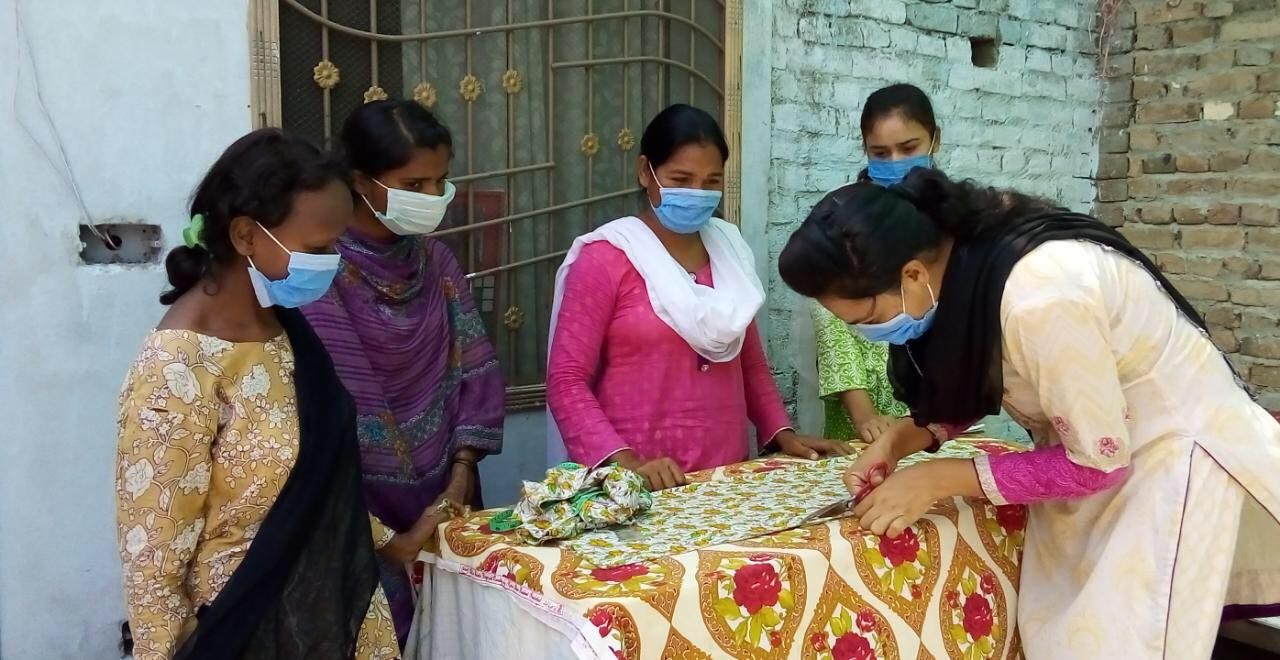A small village community in Mianwali, Punjab is supported by the Glasgow charity through its gender development project, which delivers sewing courses to village women and helps them generate income during Covid-19.
In summer 2020, when every corner of the world was in a firm grip of the COVID-19 crisis, Global Minorities Alliance was approached by local village women in Mianwali, through a pre-existing link, to support the village women who were impacted by Covid-19. The women feared that the ongoing pandemic meant there were very limited opportunities for men working as daily labourers to earn a living. The women felt that the pandemic was going to further expose their economic vulnerabilities.
In general, life opportunities for women in Pakistan are restricted due to social and cultural norms, but financial worries are acutely challenging if you are a house bound village woman. Apart from daily chores, there is little women can do to contribute to the household income. Even women who are lucky enough to be school-educated have limited opportunities to work in the village. On top of this, this new virus meant there has been a fear of financial constraints making it difficult to put dinner on the table, as male family members face job losses or reduced hours. Hunger has been a deadlier threat than the virus itself. In January, I wrote an article in Pakistan’s Daily Times about COVID-19’s impact on women in Pakistan.
To empower the village women to learn a trade and generate their own income, village women suggested running a sewing project which could offer them an opportunity to upskill and help them earn some cash to sustain themselves and their families well, both during and beyond COVID-19. The project was successfully implemented in October 2020 and by December, the first cohort of women had completed a sewing course. GMA organised an award ceremony to acknowledge the women’s achievement. The feedback from the women was overwhelmingly positive, as the following examples show:
The local GMA project coordinator, Frida, who lost her husband to a heart attack just before the Covid pandemic hit, said, “The project was the only hope to help me sustain through this pandemic. I was heartbroken to lose my husband. He was the sole breadwinner in the family. I was also worried on how to support my children during Covid-19 with no support from anyone. I wanted to do something to help my family but also to do something for women in the village who were also struggling financially. GMA provided me the opportunity to be a source of hope and light during these very challenging times.”
Nabila, who completed the sewing course, said, “My father is a carpenter and I admire my father for always providing for our family, but Covid-19 changed our lives. My father had no work and we struggled to make ends meet. I wanted to help my father but there is nothing for me to do in the village apart from domestic work. I hope with this course [I can] support my dad financially.”
Merib, an 18-year-old village girl who also completed the course, said, “I always wanted to learn how to sew and design my own clothes. The GMA sewing course has been a great experience. I hope that with help from GMA, I can start my own business as a seamstress and develop a shop for myself.”
Currently, the outgoing class is engaged in taking orders from rest of the village women to generate some cash for themselves, as well as developing business links to expand their project.
GMAs’ trustees are deeply moved by the resilience and hope demonstrated by the women, who not only overcame cultural and social norms, but also took up the task of equipping themselves to support their families and community in the midst of a pandemic.
For 2021, GMA is currently fundraising to support the next cohort of women and help women establish business links with the right skills and training. You can learn more about the project at https://www.globalminorities.co.uk/women-welfare-centre-2
The next cohort of women and girls will start their training session in March 2021. If you would like to know more about the project please contact shahid.khan@globalminorities.co.uk


